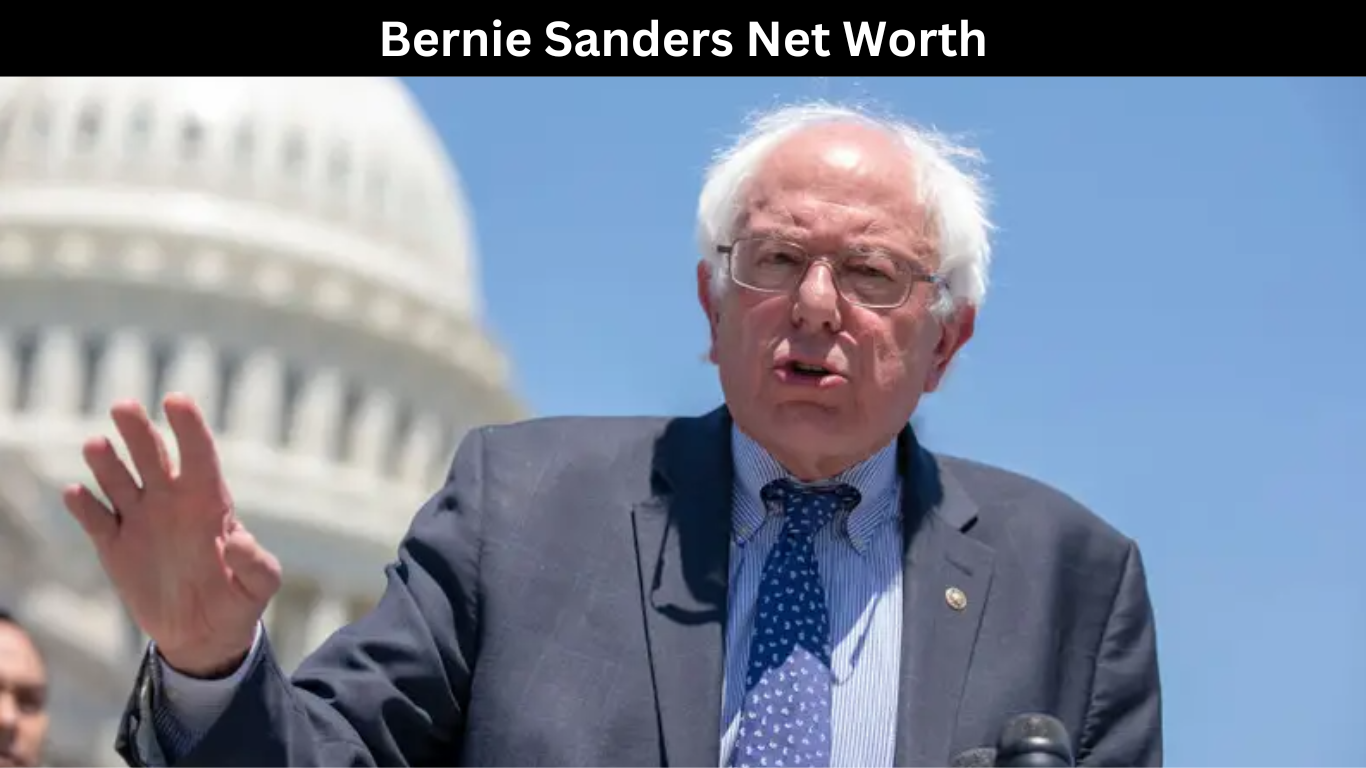Senator Bernie Sanders has long been recognized as an outspoken opponent of America’s widening economic divide, often emphasizing working class struggles amid an expanding oligarchy dominated by wealthy elites. Yet even as an acclaimed millionaire himself, Sanders continues to advocate for significant reforms like progressive tax systems designed to alleviate inequality. This article delves into his financial journey while exploring his staunch support of working classes despite wealth disparity.
Who Is Bernie Sanders?
Bernie Sanders has become one of the most well-known politicians in American politics since beginning as a schoolteacher before making the jump into carpentry and ultimately politics. From modest-income mayor to U.S. Senator and millionaire status is evidenced in Sanders’ dramatic transformation; all while remaining an outspoken champion for those less fortunate by challenging economic systems that contribute to his financial wellbeing.
How Did Sanders Accumulate Wealth?
Sanders experienced significant financial gains upon being elected to both the U.S. House of Representatives and U.S. Senate, where his annual Senate salary stands at nearly double that of an average American household income. Sanders ventures outside governmental roles – particularly his authoring activity – also have significantly contributed to increasing his net worth to an estimated total worth estimated around $3 Million by 2023.
What Does Sanders Propose for the Wealthy?
Sanders is outspokenly critical of economic disparity within America, advocating for an income tax system which places heavier burdens on wealthy taxpayers to fund social welfare programs such as healthcare or other vital services for all Americans. This position, regardless of his personal finances, shows commitment to political ideals over personal gain.
Does Bernie Sanders Have Conflict Between His Wealth and Ideology?
One may see Bernie Sanders’ wealth as being incongruent with his political ideals; however, it is essential to understand his distinction between earning income through labor or intellectual property (such as book sales) versus amassing wealth through exploitative or systemic advantages that he criticises – both methods which he condemns heavily – which leads him to accumulate such fortune. Sanders maintains that financial success does not change his commitment to advocating economic policies that prioritize working class over elite interests.
How Open Is Bernie About His Finances?
Bernie Sanders has been extremely transparent when it comes to his finances. He has detailed all income sources he receives such as senatorial salary, book earnings and pension benefits from past government positions he held. This transparency aligns perfectly with his goal of financial integrity in politics – setting an example for other politicians as they take their seats.
What Can We Learn from Bernie Sanders’ Financial Journey?
Sanders’ rise from modest earner to millionaire senator illustrates the intricate relationship between wealth and politics, advocating for economic equity and making a profit – something his story illustrates by showing individuals can use resources and platforms available to them to drive systemic change regardless of economic status.
Conclusion – Wealth and Advocacy in Conflict
Bernie Sanders offers an insightful account of wealth in American politics. While he may personally benefit from the system he criticizes, his commitment to economic reform and transparency suggests an ideological commitment over personal enrichment. Sanders’ journey highlights that personal success may align with larger social goals – disproving any notion that wealth and progressive advocacy cannot coexist simultaneously.
Sanders serves as an important reminder that when fighting economic inequality, one’s contribution should not be determined by one’s personal wealth; rather it should be measured against their commitment to advocating on behalf of those less fortunate. His life and career continue to spark lively conversations on wealth accumulation in contemporary America while remaining at the heart of public discussion about politics and social responsibility.

